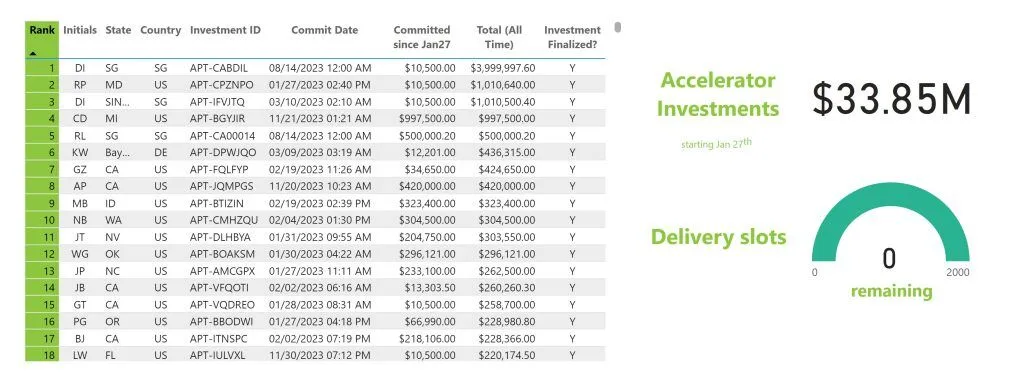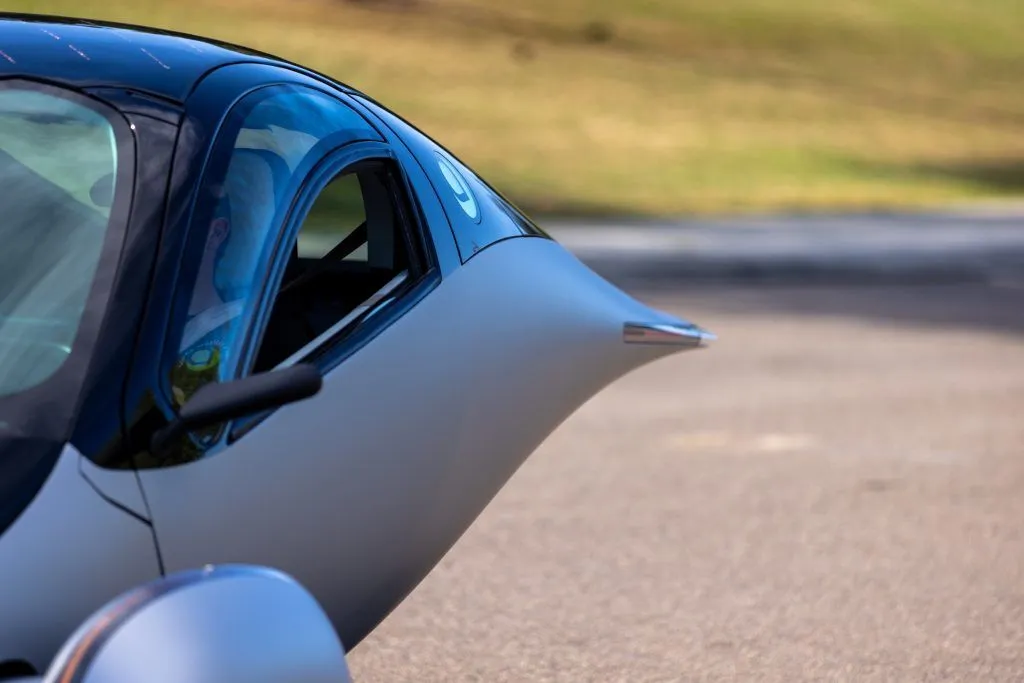Aptera Motors, makers of “the world’s first Solar Electric Vehicle”, has raised $US33 million by allowing interested early adopters the opportunity to reserve one of the first 2,000 vehicle production slots.
The company recently announced the successful completion of its Accelerator Program which raised over $US33 million to fund the initial phases of production of its Aptera solar electric vehicle (sEV).
Aptera’s Accelerator Program, which was launched in January 2023, gave anyone interested the opportunity to reserve one of Aptera’s first 2,000 ‘Launch Edition’ vehicle reservation slots by investing $US10,000 or more.

The Aptera sEV boasts extreme aerodynamics and minimal drag coefficient to maximise power usage and incorporates patented two-axis automotive-grade solar panels, an efficient powertrain, and one of the most energy-dense battery packs available.
The Aptera Launch Edition boasts range of 400 miles, or around 645 kilometres, on a single charge, and is equipped with approximately 700W of solar cells – which the company believes will generate an additional 40 miles (65 kilometres) per day.

With $US33 million under its belt, Aptera says that it has now secured the capital necessary to fund its initial phases of production. Specifically, funds raised through the successful Accelerator Program will contribute to the procurement of low-volume tooling and the buildout of the company’s first production-intent vehicles which will be used for testing and validation.
Once Aptera’s production-intent vehicles are successfully validated, the company will then aim to raise capital for the sourcing of tooling and equipment for high-volume production – which the company claims will be 10-times less than that needed by traditional automakers.
“When we first launched Aptera as a solar mobility company, we were amazed by the overwhelming support from thousands of prospective Aptera owners,” said Chris Anthony, co-founder and co-CEO of Aptera.
“With over 46,000 reservation holders, we are dedicated to securing the remaining funds required for scalable, high-volume production of our solar EV.”
“Thanks to our solar mobility movement, we’re changing how world-shaping ideas come to life. Not just how they are funded, but how communities are built around them to ensure a positive impact on our society and planet.”
Joshua S. Hill is a Melbourne-based journalist who has been writing about climate change, clean technology, and electric vehicles for over 15 years. He has been reporting on electric vehicles and clean technologies for Renew Economy and The Driven since 2012. His preferred mode of transport is his feet.

